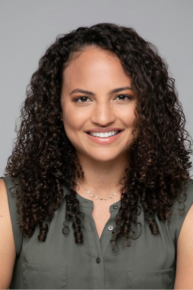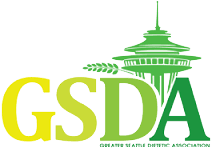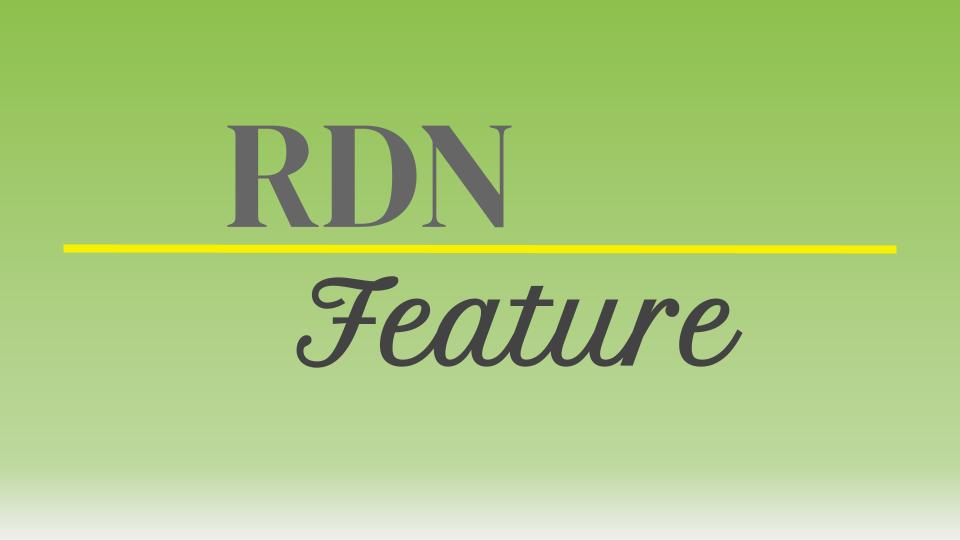RDN Feature: Sara Mussa
Sara is a dietitian in Seattle who specializes in compassionate and inclusive care. She serves a diverse set of clients and practices from a place of humility and understanding, having faced many of the same struggles with diet culture herself. She is outspoken about anti-racism and continually works to advocate for diversity, equity and inclusion in dietetics. In this interview, Sara shares her background as well as some of her personal experiences as a BIPOC up-and-coming dietitian with GSDA Diversity Chair, Meng Wang. We found her answers refreshingly honest, real, and all too important to not dedicate a full post to them, especially her words of wisdom for newcomers in the field.

Tell me a little bit about your background.
I am a mixed-race (half Norwegian, half Ethiopian) dietitian offering gender-affirming, outpatient-level nutrition counseling services to individuals struggling with eating disorders, disordered eating, chronic dieting, and body image-related concerns at Have Heart Wellness in Seattle’s Capitol Hill neighborhood. I practice using the Intuitive Eating principles with a Health at Every Size, Radical Self-Love lens.
I graduated from my DPD program from Seattle Pacific University and completed my internship program through the distance program at Marshall University, which I would not recommend for BIPOC students. My experience prior to Have Heart Wellness included working as a vendor manager intern & food photographer at Peach Lunch Delivery in downtown Seattle, diet technician at Seattle Children’s Hospital, and per-diem inpatient dietitian at Swedish Medical Center.
Why did you choose to become an RD?
I struggled with body image issues, body dysmorphia an undiagnosed eating disorder/disordered eating starting in middle school through my first year of college that included harmful compensatory behaviors. I was diagnosed with PCOS after not having a period by the age of 18, which was actually related to restricted intake and over-exercising. This tumultuous journey with eating, exercise, and body image led me to the dietetics profession. I wanted to learn more about nutrition from a clinical, evidence-based perspective.
What is something new you learned recently?
I just finished reading The Body is Not an Apology by Sonya Renee Taylor. I learned that self-love, when radical and unapologetic, is possible for all people whether or not one truly loves the aesthetic of their individual body. Radical self-love is more difficult for those that are in marginalized bodies, or have multiple intersecting marginalized identities, but still possible—and I would add necessary, in order to create a safer world for all bodies.
What is something you'd like others to know about this field?
Since this field is lifted up mightily within academic settings and professional bodies, I think it’s important to highlight the information that isn’t discussed often enough. The nutrition field, especially in metropolitan areas, has very few full-time, benefited positions compared to the vast number of dietitians that are churned out from undergrad and graduate programs. It is not uncommon for many dietitians to work “per-diem/on-call” for the first several years of their career, and/or work a couple of part-time jobs at one time, never receiving benefits for their work. I experienced this personally and so have many other dietitians I’ve talked to.
This problem is much worse for BIPOC dietitians because those hiring for these few and far between positions are usually white, thin-bodied dietitians and managers who want to hire people that will “fit” within their preexisting teams. Why would they hire a black dietitian or a larger-bodied dietitian or a transgender dietitian if they could hire another white, thin-bodied, cis-gendered dietitian they could be friends with inside and outside of work? There are no incentives to encourage greater diversity in the dietetic spaces. Additionally, I would tell others that this field isn’t the best if you desire a career filled with diverse colleagues and opportunities for growth or advancement in your position, title or salary.
If your idol came over for dinner, what would you make for them?
I would do a barbeque style dinner! 80/20 ground beef hamburgers for meat-eaters, and black bean veggie burgers for the non-meat eaters. Topped with lettuce, tomato, cilantro, red onion, white cheddar cheese, and jalapeno mayo with a simple salad and sea salt, black pepper kettle chips on the side. Not getting anything fancy from me ☺.
You can follow Sara on Instagram or reach her through the contact form at Have Heart Healing & Wellness.

